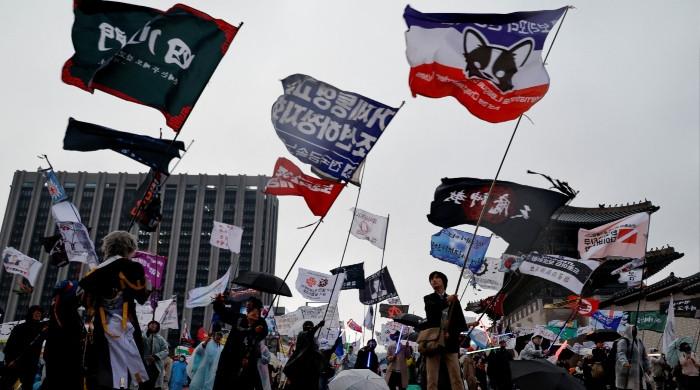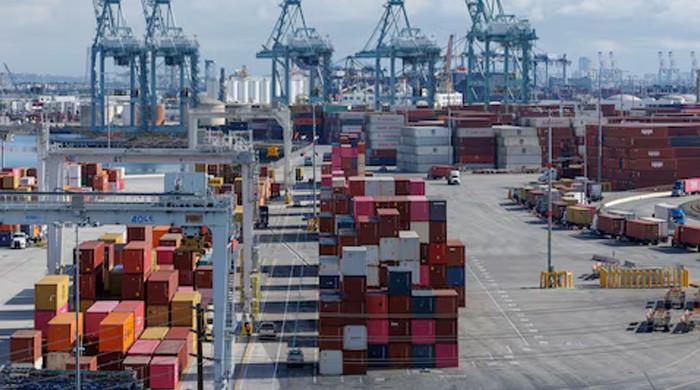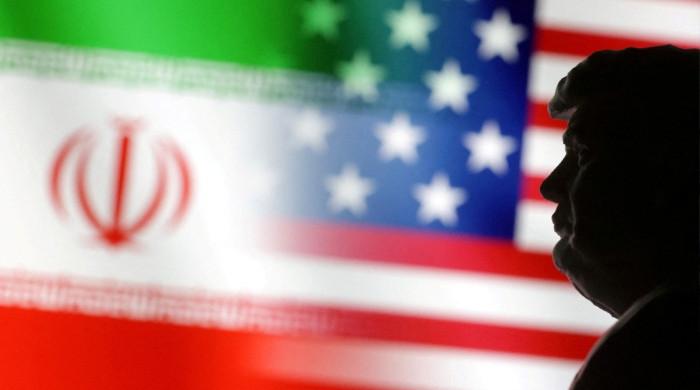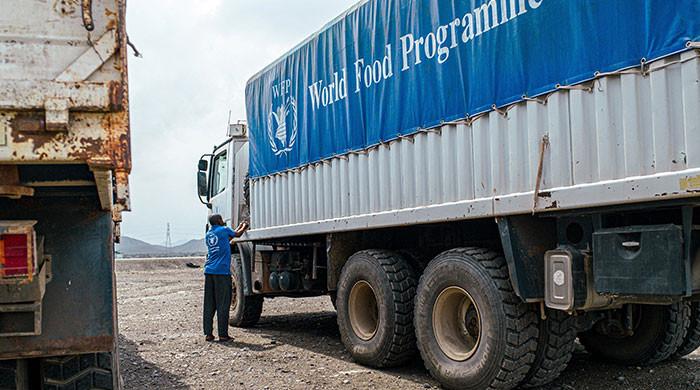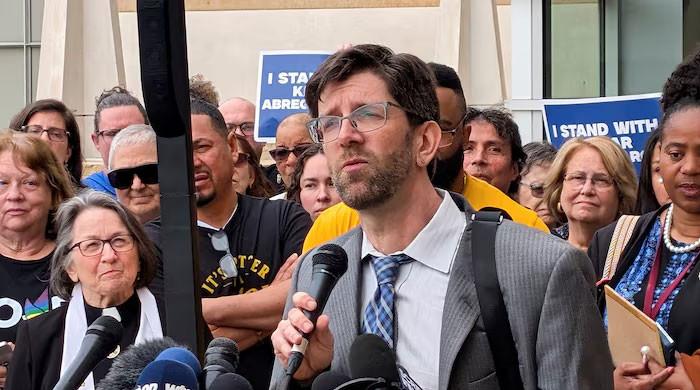Taliban extend conditional offer to meet Afghan officials
Taliban have offered to meet Afghan officials after Mullah Baradar held a phone call with US President Donald Trump
March 04, 2020
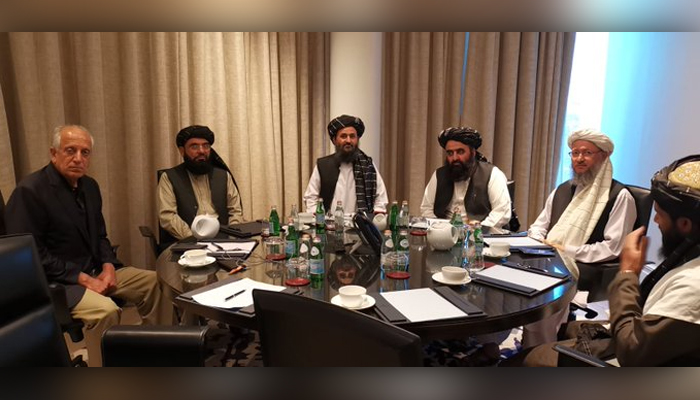
KABUL: The Taliban late Tuesday extended a conditional offer to meet the Afghan officials shortly before their chief negotiator, Mullah Baradar Akhund, held a phone call with US President Donald Trump.
In a tweet, Taliban spokesperson Zabihullah Mujahid added that the fighter-turned-negotiator had a telephonic discussion with Trump but did not provide any further details. The development comes a few days after the two sides signed a troop withdrawal agreement in Doha.
“The President of the United States Trump @realDonaldTrump held a phone conversation with the Political Deputy of the Islamic Emirate, the respected Mullah Baradar Akhund,” Taliban spokesperson Zabihullah Mujahid said on Twitter.
"Details later," he noted, adding in an emailed statement later that the call lasted more than 30 minutes.
Confirming the telephonic conversation, Trump said he had held a "very good talk" with the Taliban.
"Actually (I) had a very good talk with the leader of the Taliban," Trump told reporters at the White House but did not refer by name to Baradar.
'Everyone's benefit'
Separately, the Taliban’s Doha office spokesperson, Suhail Shaheen, had also tweeted about the phone call.
According to Shaheen, the Taliban’s Doha office spokesperson, Baradar told Trump that for a positive future relationship, the US should not let anyone else keep it involved in the years-long Afghan war. “An arbitrary government is the undisputed right of Afghans,” he said.
Shaheen further claimed that Trump said it was “glad to talk to you” and that the US troops’ withdrawal “is for everyone's benefit”.
5,000 Taliban detainees
The group had earlier said they were willing to meet the Afghan officials but only on the question of releasing prisoners amid concerns that the deadlock could jeopardise the Afghan peace process.
The prisoner release dispute has emerged as a fresh impediment to peace negotiations between the group and the Afghan government that are to begin on March 10.
A prisoner swap arrangement was part of a US troop withdrawal agreement between the United States and the Taliban signed on Saturday.
“The Taliban delegation has not met with the government delegation in Qatar, but authorities responsible for prisoners on both sides could meet to discuss the issue,” Shaheen tweeted.
The US-Taliban deal says the Afghan government will free up to 5,000 Taliban detainees by March 10. But a US-Afghan declaration commits the Kabul government only to taking part in US-brokered talks on the “feasibility” of such a release.
Read more: Taliban say will not participate in intra-Afghan talks until prisoners released
The Taliban spokesman in Afghanistan, Zabihullah Mujahid, told Reuters the prisoners’ release was one of the few important points that took US and Taliban negotiators a long time to agree upon.
But a day after the deal between the Taliban and US was clinched in Doha, Afghan President Ashraf Ghani said his government had made no commitment to free 5,000 Taliban prisoners.
'Not our problem'
The Taliban has said it will not begin talks with the Afghan government as envisaged in the agreement until the prisoner release takes place.
“Now it is in the agreement and it is up to the US how it fulfils the commitments they made in the agreement. It is not our problem what is in the US-Afghan government joint declaration,” Mujahid said.
Also read: PM Imran to take cabinet into confidence over US, Taliban deal
Some Western diplomats have raised concern that the impasse could jeopardise the peace process.
“If they postpone the talks then we will see a collapse of a deal. Trump doesn’t want that to happen at this juncture,” one official who has been overseeing the negotiations for two years in Doha told Reuters.
The Afghan Independent Human Rights Commission expressed concern about the prisoner release matter in a letter to US officials, the Taliban and the Afghan government.
The commission raised a number of questions, including on the record of activity of the individual Taliban prisoners and if they had been charged with carrying out violent crimes against civilian and military targets.
—Additional input from Reuters and AFP
Related:
Pakistan says no need to involve US to resolve bilateral issues with Afghanistan




